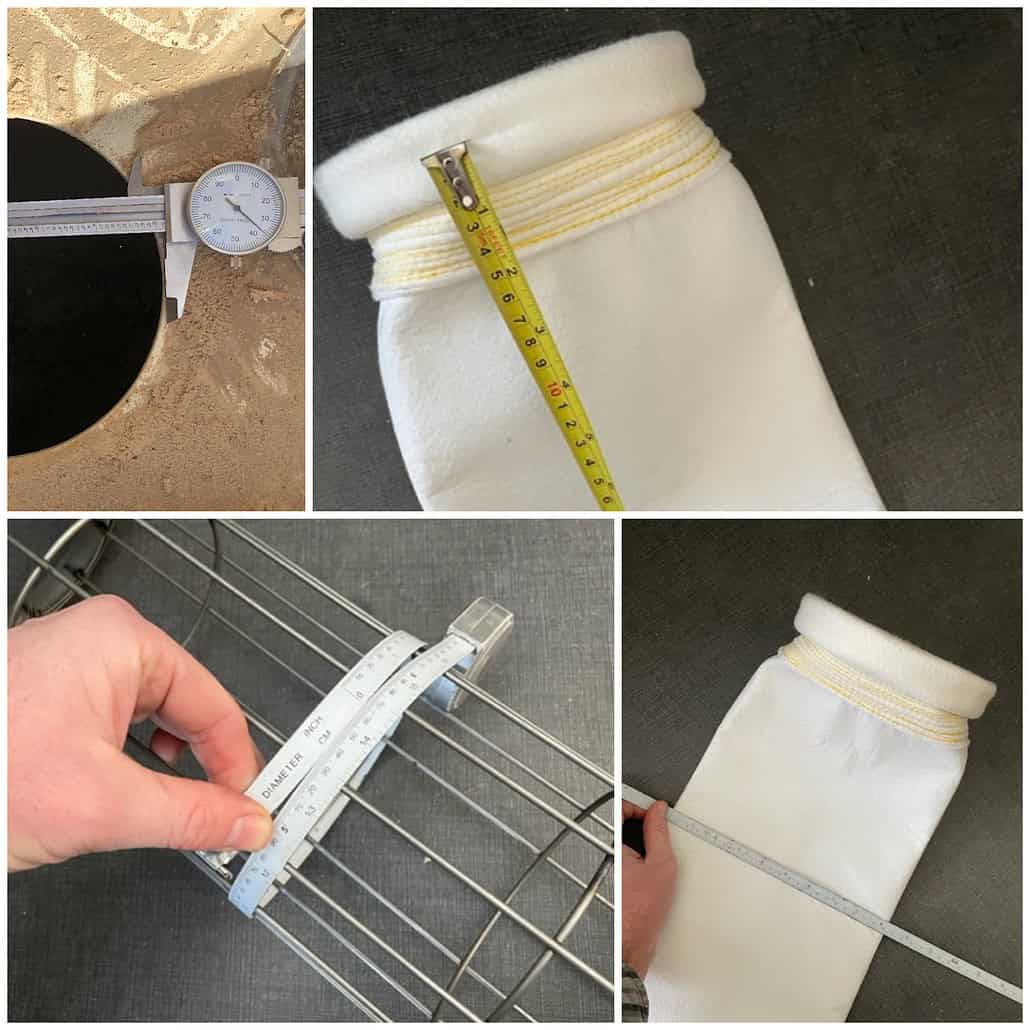By Dominick DalSanto
Environmental Expert & Author
Baghouse.com
The first sweeping legislation governing air pollution in the state of Israel recently went into effect on Jan 1st, 2011, nearly 2 and a half years after it passage through the Israeli legislature.
Industrial plants that previously had no set emissions standards to operate under will now be required to have emissions permit. This is the culmination of nearly a decade of legislative efforts on the part of Israeli policy makers, and environmental activists to bring Israel up to par with other industrialized nations’ stance on harmful emissions. For example, the initial Clean Air Act in the United States was passed in 1970.
While the wait may have been long, the effect of the act is not a mere formality. The new legislation sets new limits for emissions, requires permits to be obtained, and establishes fines for violations of the those statues and permits. Incorporation under the Act will be gradual over the next four years with factories in the metal production and processing sector required to apply for permits by March.
The Environmental Protection Ministry said an expert committee was expected to return its recommendations by mid-January. Following which, the ministry, with the help of an international consultant, would determine the appropriate tools and develop a national plan.
The Act also merges all air monitors into one national network while increasing the number of substances monitored. The ministry will also be increasing the number of portable testers for vehicles from six presently to 11.
A database of emissions data will also shortly be available on the ministry’s website in Hebrew.
The original version of the Act was first drafted by experts on behalf of the Environmental Protection Ministry but failed to pass through the legislative process. A private member’s bill submitted by various MKs, drafted in part by the Israel Union for Environmental Defense, and championed by Omri Sharon when he was an MK, ground its way through the legislative process over a three year period, finally being passed into law in 2008. However, implementation was delayed until January 1, 2011 at the request of then minister Gideon Ezra so that the ministry could hire the requisite manpower.
About the Author
| Dominick DalSanto is an Author & Environmental Technologies Expert, specializing in Dust Collection Systems. With nearly a decade of hands-on working experience in the industry, Dominick’s knowledge of the industry goes beyond a mere classroom education. He is currently serving as Online Marketing Director & Content Manager at Baghouse.com. His articles have been published not only on Baghouse.com , but also on other industry related blogs and sites. In his spare time, Dominick writes about travel and life abroad for various travel sites and blogs.






